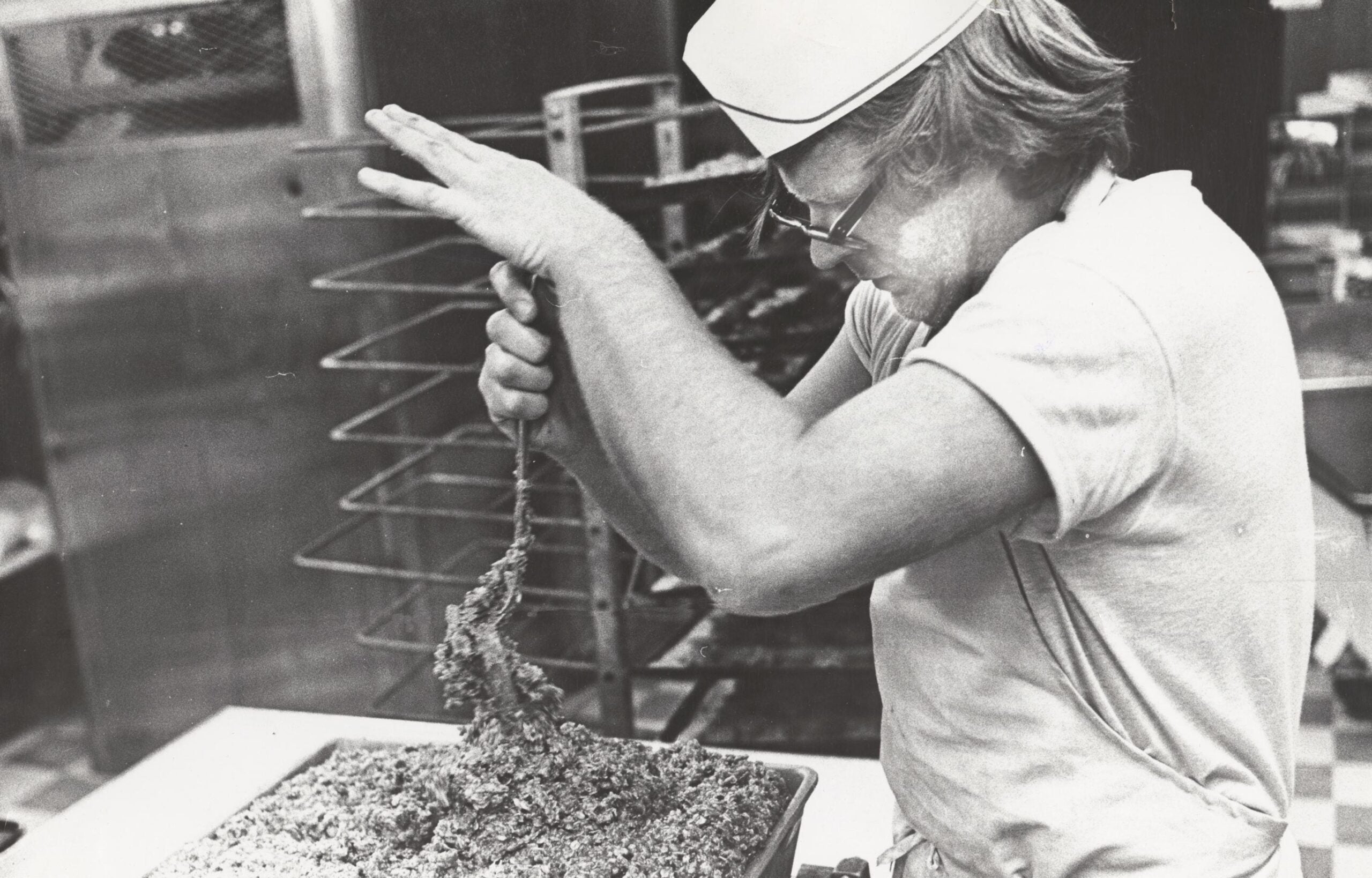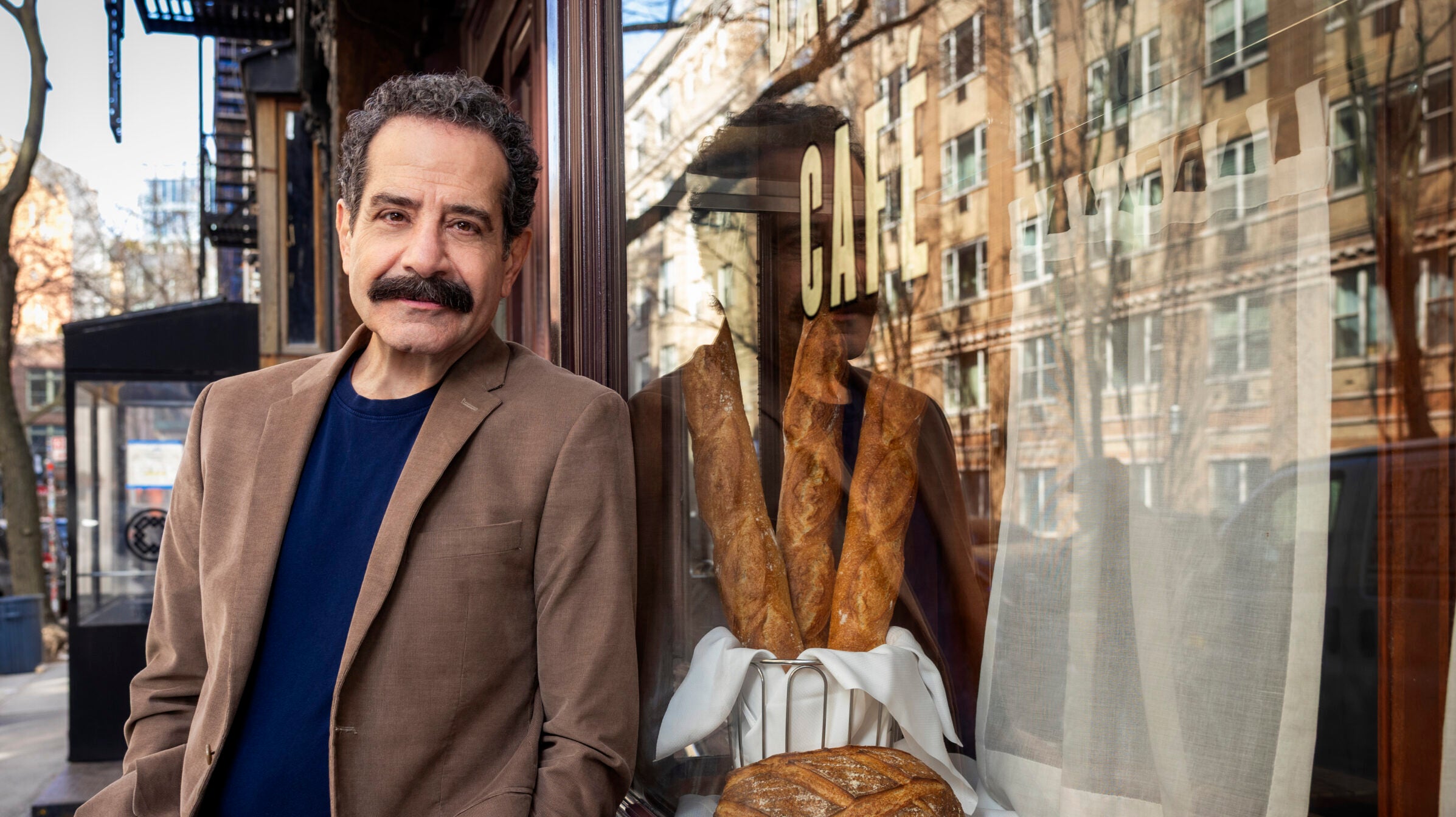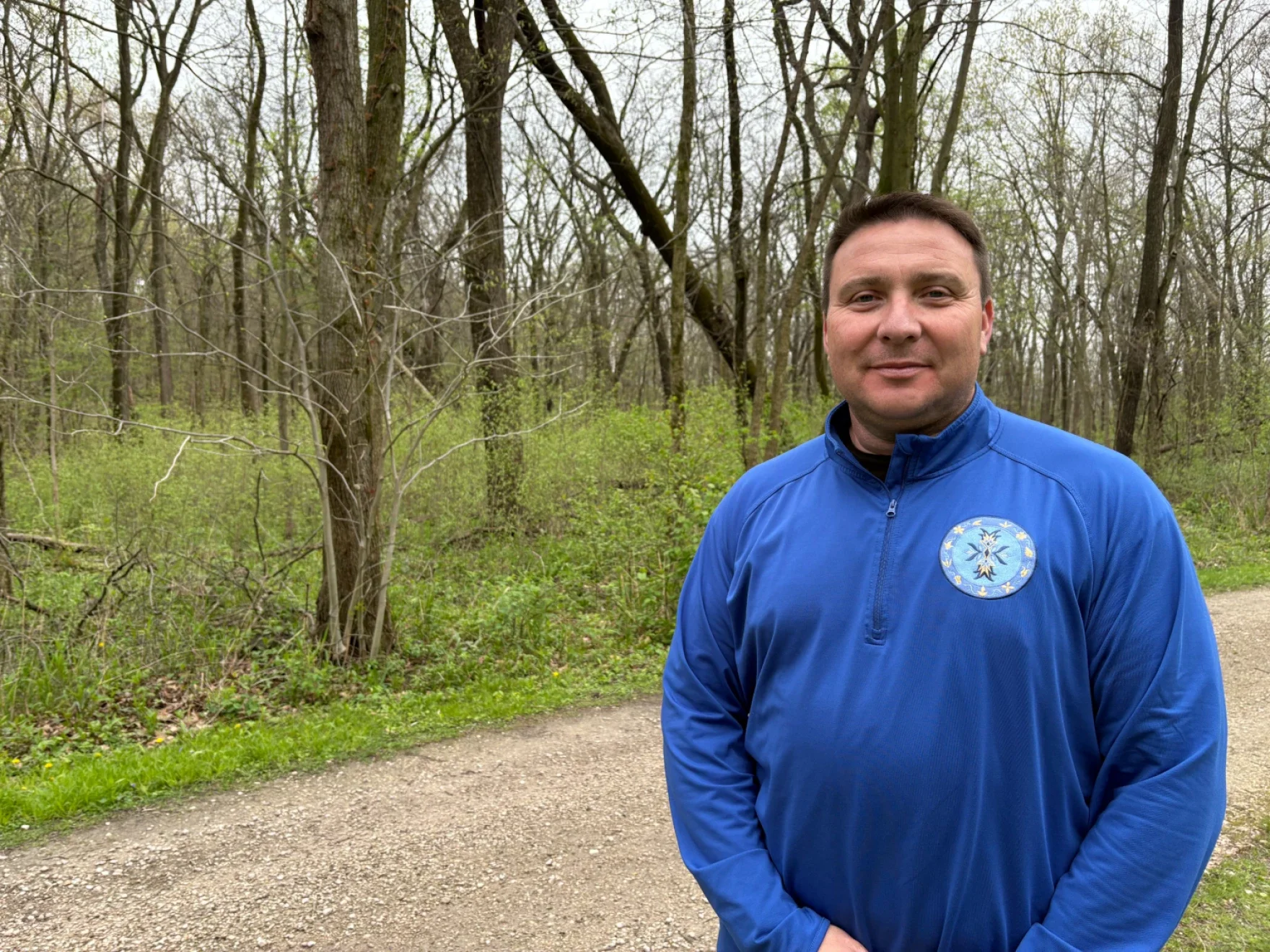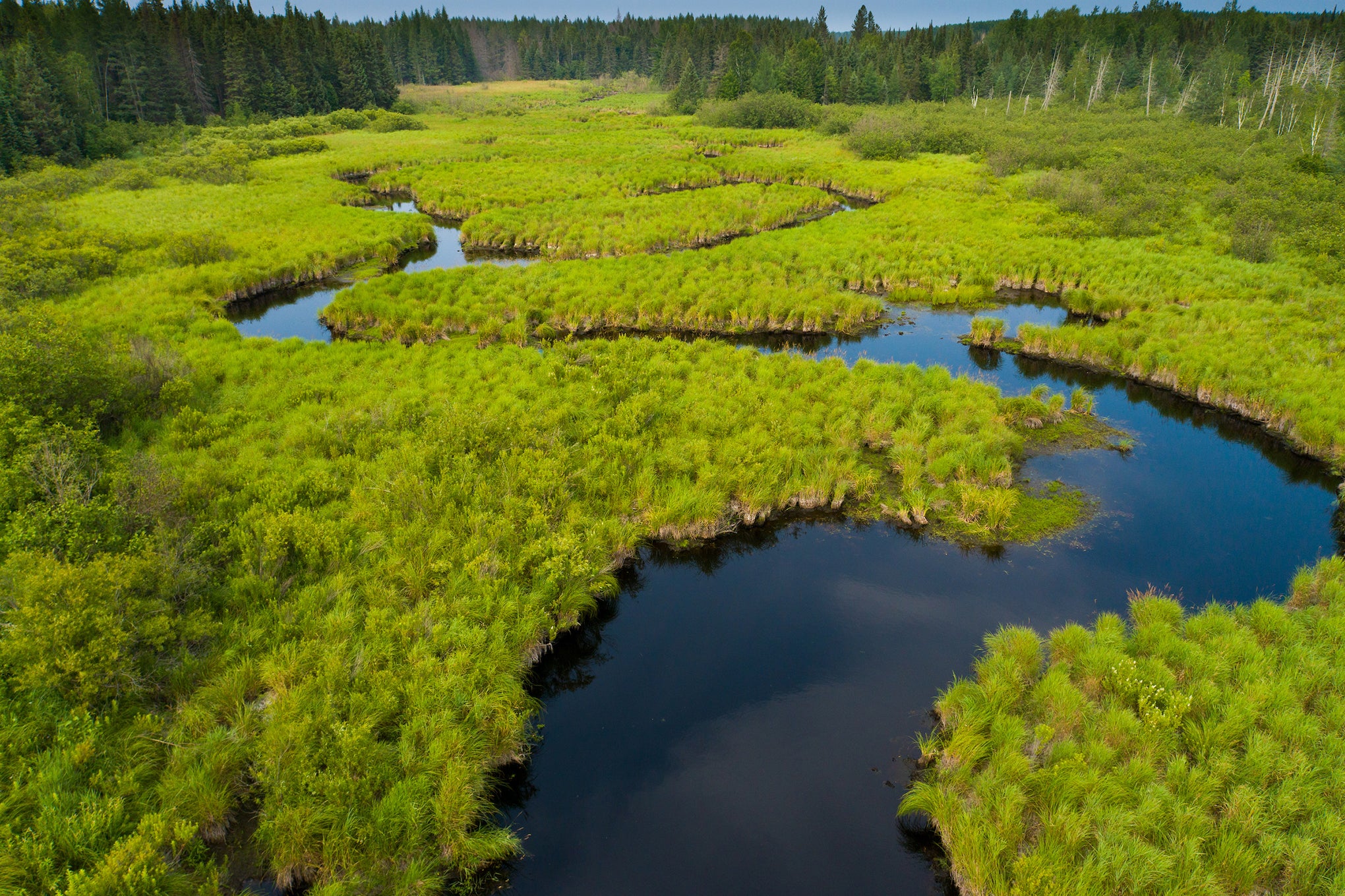A legendary Madison-area cookie was thought to be lost to time, but the original recipe is making a comeback for a cause.
In the 1960s, 70s and 80s, baker Ted Odell sold his hearty Guerrilla Cookies at stores around the city. For some customers, they were a symbol of the time’s anti-war counterculture.
Odell stopped making the cookies in the early 1990s, and the recipe was thought to be lost when he passed away in 2021.
News with a little more humanity
WPR’s “Wisconsin Today” newsletter keeps you connected to the state you love without feeling overwhelmed. No paywall. No agenda. No corporate filter.
It turns out, he gifted the recipe and some land to the Southern Wisconsin Land Conservancy, which operates the Three Waters Reserve on land in Brodhead that was in Odell’s family for generations.
Conservancy board president Steve Apfelbaum said they’re bringing back the cookie to raise money for conservation efforts that Odell would have supported.
Apfelbaum spoke to WPR’s “Wisconsin Today” about Odell’s passion for conservation efforts and how they’re resurrecting the Guerrilla Cookie.
The following was edited for clarity and brevity.
Rob Ferrrett: What makes Guerrilla Cookies special?
Steve Apfelbaum: They’re really wholesome, heavy, full of what was called wholemeal, so whole wheat flour and a whole variety of other ingredients that most people don’t necessarily think of as ingredients in cookies. When it comes together in cookie form, it’s actually a pretty darn good cookie.
RF: What kind of stories have you heard from people about their memories of Guerrilla Cookies?
SA: Most of the stories have been focused on, “Oh, I knew Ted Odell,” and what a character, what a hermit and various other adjectives that were very positively presented because they loved his cookie.
RF: How did Ted Odell get connected with the Southern Wisconsin Land Conservancy and the Three Waters Reserve?
SA: Sometime in the mid-1920s, his grandfather was approached by a group of business people and other enthusiasts about putting a golf course on the north side of Brodhead, Wisconsin. Ted and his sister were bequeathed acreage abutting the golf course, and they spent a lot of time there on the bequeathed land through his entire life. The story he told me was that he wanted to figure out a way to hit the delete button on the golf course and bring back the beautiful landscape that he remembered as a child.
The golf course became available for sale in 2017, and I called Ted while we were all having breakfast and explained that we were thinking about buying it. And he said, “I’m in. Tell me how much money you need.” He was so inspired. He was, his whole life, really trying to figure out how to bring his family legacy and his fond memories of this magnificent piece of land that was the Decatur Lake Golf Course, to bring it back under conservation.
RF: How did the Guerrilla Cookie end up coming back through the Southern Wisconsin Land Conservancy?
SA: When we started having strategic planning sessions about, how do we fund this, how do we grow this opportunity, the idea of resurrecting the Guerrilla Cookie was one of the ideas that came up during the conversations. And of course, he was so protective of that cookie, he was not initially willing or interested in suggesting it become available. But over the course of about a year and a half, he said “This is a dream come true. I never thought the golf course would be [reclaimed]. I never thought that my life would be fulfilled before I died.” He had third-stage prostate cancer. He knew he was on his way out.
We had a conversation about how happy it made us all to see this outcome, and then the idea of the cookie becoming part of the food and beverage offering here hit the table, and we did a press release together that we were going to announce the gift of the recipe. COVID hit, and we just shut everything down and decided to let the dust settle for a year or two. But it was his inspiration to see conservation good come from the cookie, and that’s what we’re following through on.
RF: How were your chefs able to make the recipe the right way to satisfy everyone’s memories of the cookie?
SA: I took the recipe to a wonderful friend who was part of the prairie enthusiast group here in southern Wisconsin, who happened to be the chief baker at Colony Brands in Monroe, Wisconsin, and he jumped in head over heels and helped try to interpret the ingredient list. We ended up making cookies that weren’t really matching up with what the old timers said the Guerrilla Cookie looked like or tasted like. Ted loved those cookies. He and dozens of others were involved in taste testing, but we never did quite get the chemistry right.
They did the forensics and actually looked at historic photos, figured out exactly what the ingredients were — not just the ingredients on the recipe, but also the brand — and started really trying to make exactly what everybody said the Guerrilla Cookie looked like and tasted like. We tried a dozen or so iterations and finally hit on it, where the old timers said, “Wow, that is it.”
It looks the same. It’s got the shine. It’s got the mouth feel. It’s got the taste. It’s got the texture.
Wisconsin Public Radio, © Copyright 2025, Board of Regents of the University of Wisconsin System and Wisconsin Educational Communications Board.





